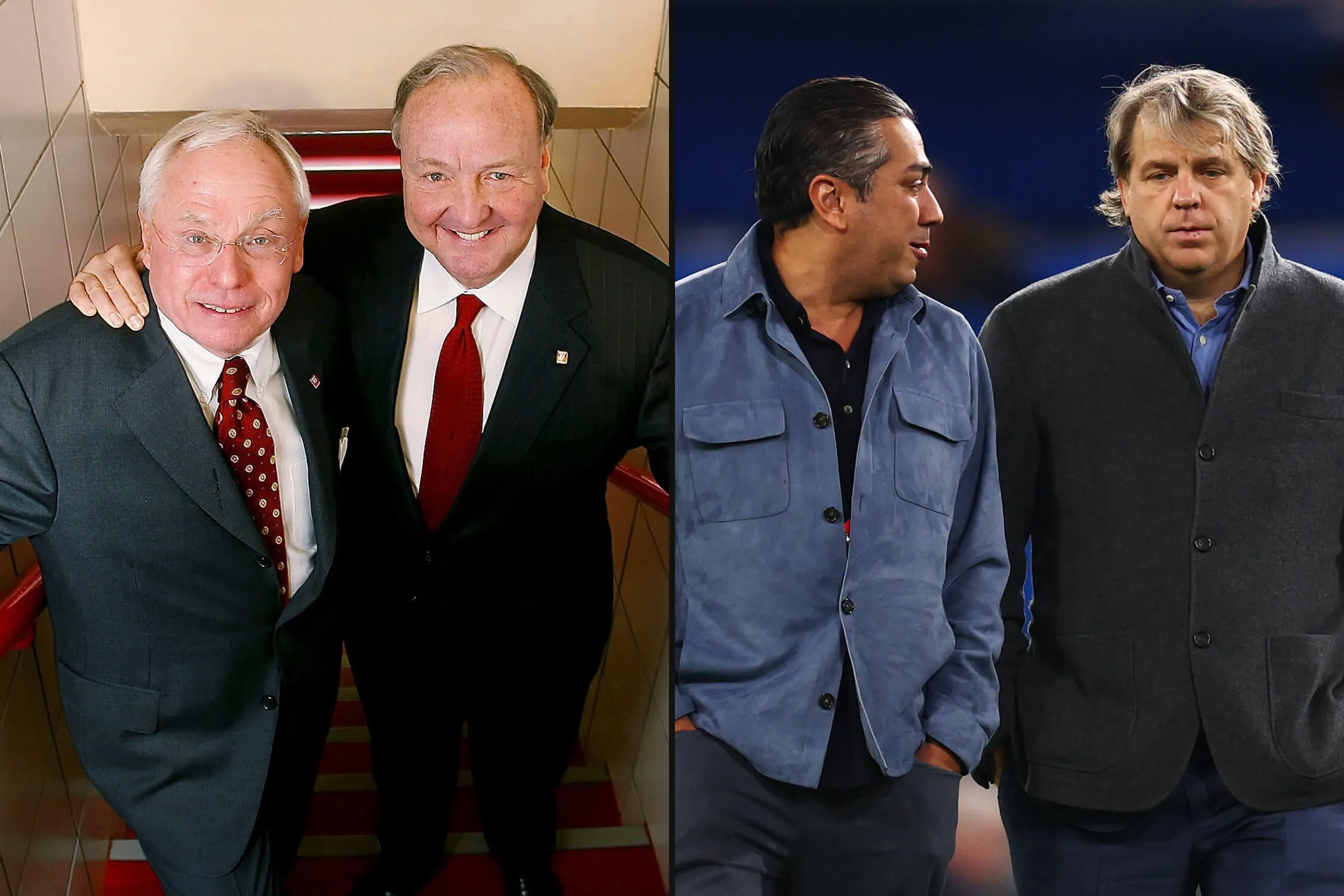Chelsea’s Co-Ownership Plight: Insights from Premier League Rivals

Chelsea's Co-Ownership Dilemma
Chelsea's co-ownership challenges echo the tumultuous history of Liverpool and Newcastle United. Both clubs faced significant hurdles under joint ownership, revealing the intricate dynamics at play in the sports business. Issues such as lack of clear leadership and conflicting strategies can destabilize even the most promising clubs.
Lessons from Liverpool's Turmoil
- Ownership conflicts often lead to a civil war among stakeholders.
- Influence and control can vary widely among co-owners, as seen with Gillett and Hicks at Liverpool.
- Financial pressures can exacerbate tensions, influencing decision-making and club direction.
Newcastle United's Mixed Ownership Experience
- Multiple voices can create confusion and impede progress when specific roles are not clearly defined.
- Strategic tensions exist between owners who have different visions for the club, reminiscent of Chelsea's current struggles.
- Successful co-ownership relies on balanced power distribution and aligned goals.
As Chelsea navigates its co-ownership challenges, it is crucial to learn from Liverpool's historical ownership strife and Newcastle's recent experiences.
This article was prepared using information from open sources in accordance with the principles of Ethical Policy. The editorial team is not responsible for absolute accuracy, as it relies on data from the sources referenced.